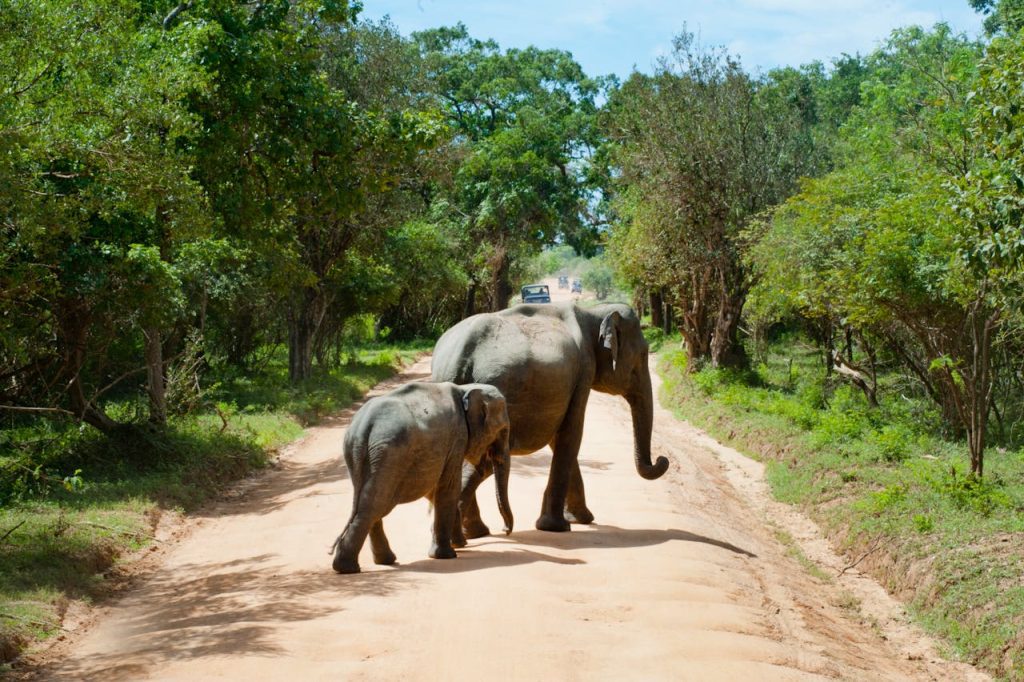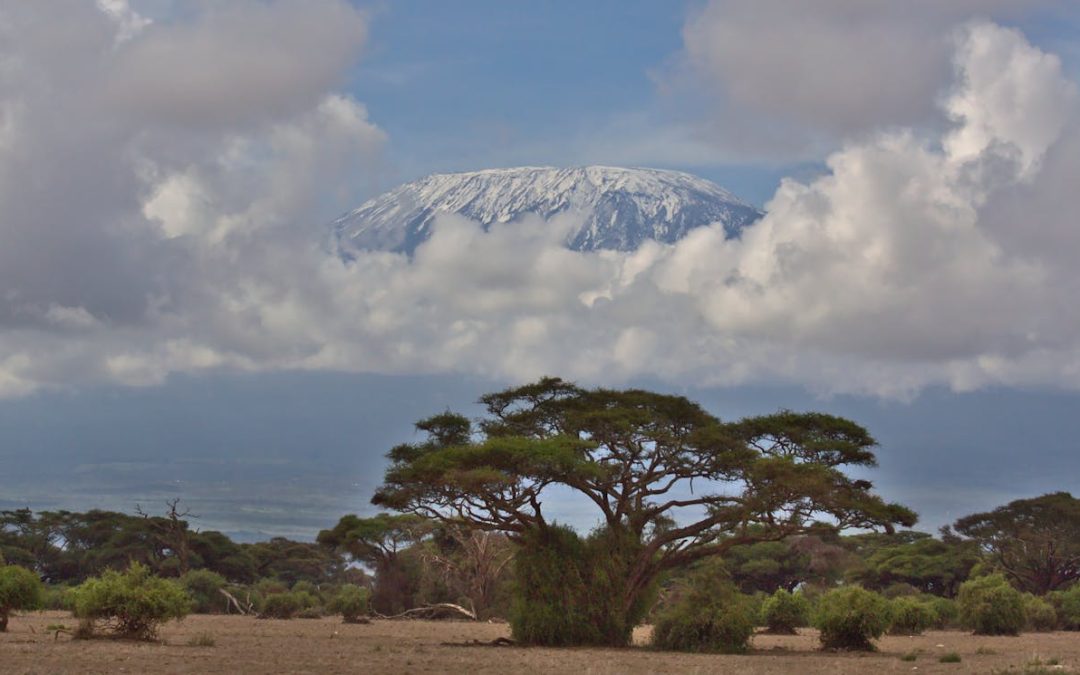Wild at Heart: The Best African Safari Tours You Need to Take Before You Die – What You Need to Know Before You Go
Embarking on the best African safari tours is more than just a holiday—it’s a transformative journey into the wild heart of Africa. From the iconic Serengeti plains to the lush jungles of Bwindi, these adventures offer unparalleled wildlife encounters, breathtaking landscapes, and rich cultural experiences. But before you pack your bags and set off on this once-in-a-lifetime adventure, here’s what you need to know to make the most of your safari.
🐾 What Makes the Best African Safari Tours Truly Unforgettable?
The allure of African safaris lies in their ability to connect travelers with nature in its purest form. The best African safari tours offer:
- Diverse Wildlife Encounters: Witness the Big Five—lion, leopard, elephant, buffalo, and rhino—in their natural habitats
- Scenic Landscapes: From the vast savannahs of the Serengeti to the dense forests of Bwindi
- Cultural Immersion: Engage with local communities and learn about their traditions
- Expert Guidance: Gain insights from knowledgeable guides on animal behavior and ecology
🌍 Top Destinations for the Ultimate Safari Experience
Serengeti National Park, Tanzania
Known for the Great Migration, the Serengeti is a must-visit for wildlife enthusiasts. Over 1.5 million wildebeest and thousands of zebras thunder across the plains in search of greener pastures. You can book a Serengeti safari here.
Ngorongoro Crater, Tanzania
A natural amphitheater teeming with life, this UNESCO site offers one of the best chances to see all of the Big Five in a single day. Learn more about tours to Ngorongoro here.
Tarangire National Park, Tanzania
Home to massive baobab trees and one of the largest elephant populations in Tanzania. It’s also a birdwatcher’s paradise. Tarangire safari info here.
Bwindi Impenetrable Forest, Uganda
The place to go for gorilla trekking. It’s an unforgettable experience to look into the eyes of a mountain gorilla in the wild. Read more on Wikipedia.
Okavango Delta, Botswana
A maze of lagoons and channels, it’s best explored by mokoro (dugout canoe). Wildlife sightings are second to none here.
🧳 What Should You Pack for an African Safari?
Packing right is key to enjoying your safari. Here’s a list of essentials:
| Item | Why It’s Important |
|---|---|
| Neutral Clothing | Helps you blend in with surroundings and avoid startling animals |
| Binoculars | Essential for distant wildlife spotting |
| Insect Repellent | To ward off mosquitoes and other pests |
| Sun Protection | Sunglasses, hat, and high-SPF sunscreen |
| Camera Gear | Capture your once-in-a-lifetime moments |
Bonus tip: bring a power bank—many lodges have limited electricity.

🐘 When Is the Best Time to Go on Safari?
Timing matters if you want the best sightings on the best African safari tours.
- June to October: Dry season, excellent for game viewing in East Africa
- December to March: Ideal for bird watching and calving season in Southern Africa
- May to September: Best conditions for gorilla trekking
Avoid rainy seasons (March–May in East Africa), when roads can be muddy and wildlife harder to spot.
🧭 How Do You Choose the Right Safari Tour?
With so many options, here’s how to pick the right one:
- Budget: From budget to luxury, decide what works for you
- Type of Experience: Want gorilla trekking, Big Five sightings, or birdwatching?
- Group or Private: Smaller groups offer more personalized experiences
- Duration: Safaris range from weekend getaways to 2-week expeditions
Looking for something beyond wildlife? Consider combining your safari with Kilimanjaro trekking for a truly epic adventure.
🌐 How Can You Book the Best African Safari Tours?
Follow these steps to ensure you choose the right provider:
- Research Reviews: Use sites like TripAdvisor to read firsthand experiences
- Check Inclusions: Make sure park fees, meals, and transfers are included
- Ask About Sustainability: Support eco-conscious operators
- Plan Early: Especially if you’re traveling during peak season
Need help planning? Contact Kilimanjaro Travel for expert local advice.
🦁 What Are the Health and Safety Considerations?
To stay safe on safari:
- Vaccinations: Yellow fever, hepatitis, typhoid, and malaria prophylaxis are often recommended. Check CDC guidelines
- First Aid Kit: Bring basic medical supplies
- Stay Hydrated: Carry reusable water bottles
- Local Laws: Respect park rules and guide instructions
Travel insurance is a must—look for policies that include emergency evacuation.
🌿 How Do Safaris Support Conservation Efforts?
Responsible tourism can make a difference:
- Entrance Fees: Often fund park operations and anti-poaching
- Local Employment: Supports local guides, cooks, and drivers
- Community Projects: Tourism can help fund education and health initiatives
- Eco-Lodges: Use solar power, limit water use, and avoid plastic
Some tours, like the Tanzania Wildlife Tour, are directly tied to conservation efforts.
🌴 Where to Go After Your Safari?
Why not unwind on a beach after your adventure?
- Zanzibar: White sands, turquoise waters, and spice tours await. Ideal post-safari retreat. Explore Zanzibar holidays
- Mount Meru: A lesser-known trek with dramatic views. Meru trekking info
- Lake Manyara: Flamingos, tree-climbing lions, and hot springs await. Learn more

